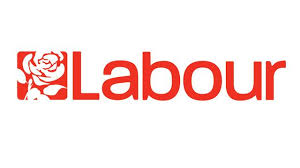We will be there for you when you need us with day-to-day issues and your financial administration will be managed proactively by your Client Manager

Essential Wealth Management
1-2 Great Farm Barns
West Woodhay
Newbury
Berkshire RG20 0BP
Tel: 01488 669840
Fax: 01488 669216
Email: [email protected]

Essential Wealth Management is a trading style of Essential Wealth Management and Advice Ltd, registered in England Number 04020006. Registered Office: 1-2 Great Farm Barns, West Woodhay Newbury, Berkshire, RG20 0BP. Essential Wealth Management and Advice Ltd is an appointed representative of The Openwork Partnership, a trading style of Openwork Limited which is authorised and regulated by the Financial Conduct Authority.
The information on this website is subject to the UK regulatory regime and is therefore targeted at consumers in the UK.
Approved by the Openwork Partnership on 18.04.2024